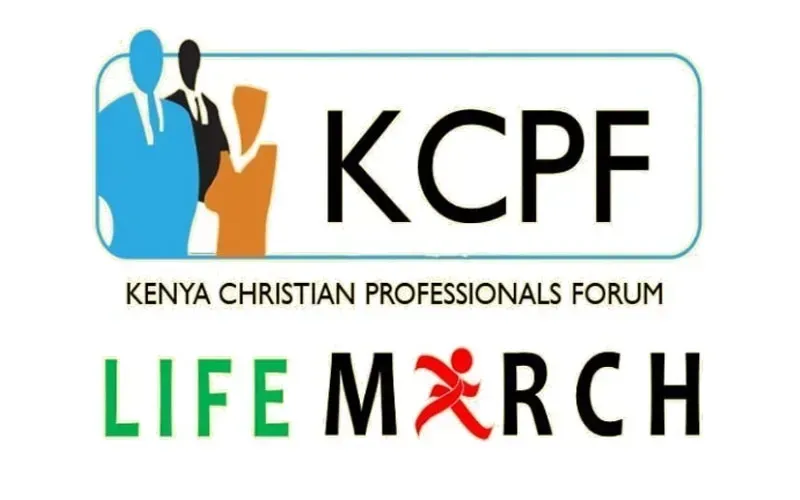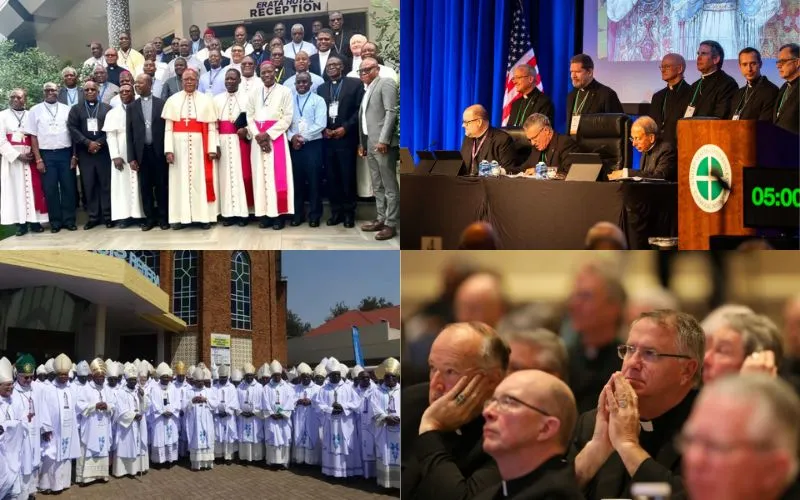The Christian professionals call on Kenyans “to consider proposing a people-driven constitutional amendment and referendum to finally tackle the few contentious issues that prompted the No campaign in 2010, which gathered about 30% of the referendum vote.”
“When [any law or institution] becomes destructive of the ends [for which it was established], it is the right of the people to alter or abolish it and establish another in its place,” KCPF members say, citing the 1776 US Declaration of Independence.
The Supreme Court ruling has also drawn criticism from different religious leaders and groups in Kenya.
The Archbishop of the Catholic Archdiocese of Nyeri has described homosexual acts as evil and warned against LGBTQ associations being used to recruit members.
"The Supreme Court ruling that those persons with these inclinations may associate, basically it means that perhaps it will be a way for them and us to address them, to work with them as human persons … but the acts of homosexuality can never be acceptable, they are evil," Archbishop Anthony Muheria told local media Monday, February 27.
(Story continues below)
Therefore, the Local Ordinary of Kenya’s Catholic Archdiocese of Nyeri added, “If this association is to spread and popularize and bring about more and more people into this kind of actions and behavior then we call it out as evil and it must be addressed."
The Speaker of Kenya’s National Assembly, Moses Wetangula, faulted the Supreme Court ruling for opening up a dangerous path that could see the moral fabric of the East African nation eroded with far-reaching consequences.
“Kenya is deeply religious. Each Individual and/or Public institution, including the judiciary, has a duty to uphold, defend and protect public morals!! The SC pronouncement may lead to unintended and unhelpful consequences,” Hon. Wetangula, a Catholic, said in a Tweet posted Monday, February 27.
Christ Is The Answer Ministries (CITAM) has called on Kenyans “to reject, resist and oppose” the February 24 Supreme Court ruling.
In the message circulated February 27, the Nairobi-based CITAM says, “We encourage Kenyans of moral integrity to reject, resist and oppose this supreme court ruling as it will erode our societal norms and morals.”
The Supreme Court ruling can see pedophiles and others who contravene other social norms seek similar reliefs from the courts, CITAM says, adding that the February 24 ruling sets a bad precedence.
“The Bible speaks seven times about this kind of relationship directly; Ge.19:1-11; Lev 18:22; 20:13; Judge 19:22-25; Roman 1:25-26; 1 Cor.6:9, 1 Tim.1:9-10. In all these passages, homosexuality is not approved but rather is viewed as sinful, unnatural and perverted,” CITAM further says.
Kenya’s Attorney General, Justin Muturi, has vowed to challenge the Supreme Court ruling allowing the registration of LGBTQ NGOs, arguing that the matter is beyond the corridors of justice but one that requires public consultation.
On his part, Homabay Town Member of Parliament is reportedly seeking to sponsor a bill that would impose a life sentence on anyone convicted of engaging in homosexuality and other unnatural sexual acts.
ACI Africa was founded in 2019. We provide free, up-to-the-minute news affecting the Catholic Church in Africa, giving particular emphasis to the words of the Holy Father and happenings of the Holy See, to any person with access to the internet. ACI Africa is proud to offer free access to its news items to Catholic dioceses, parishes, and websites, in order to increase awareness of the activities of the universal Church and to foster a sense of Catholic thought and culture in the life of every Catholic.








